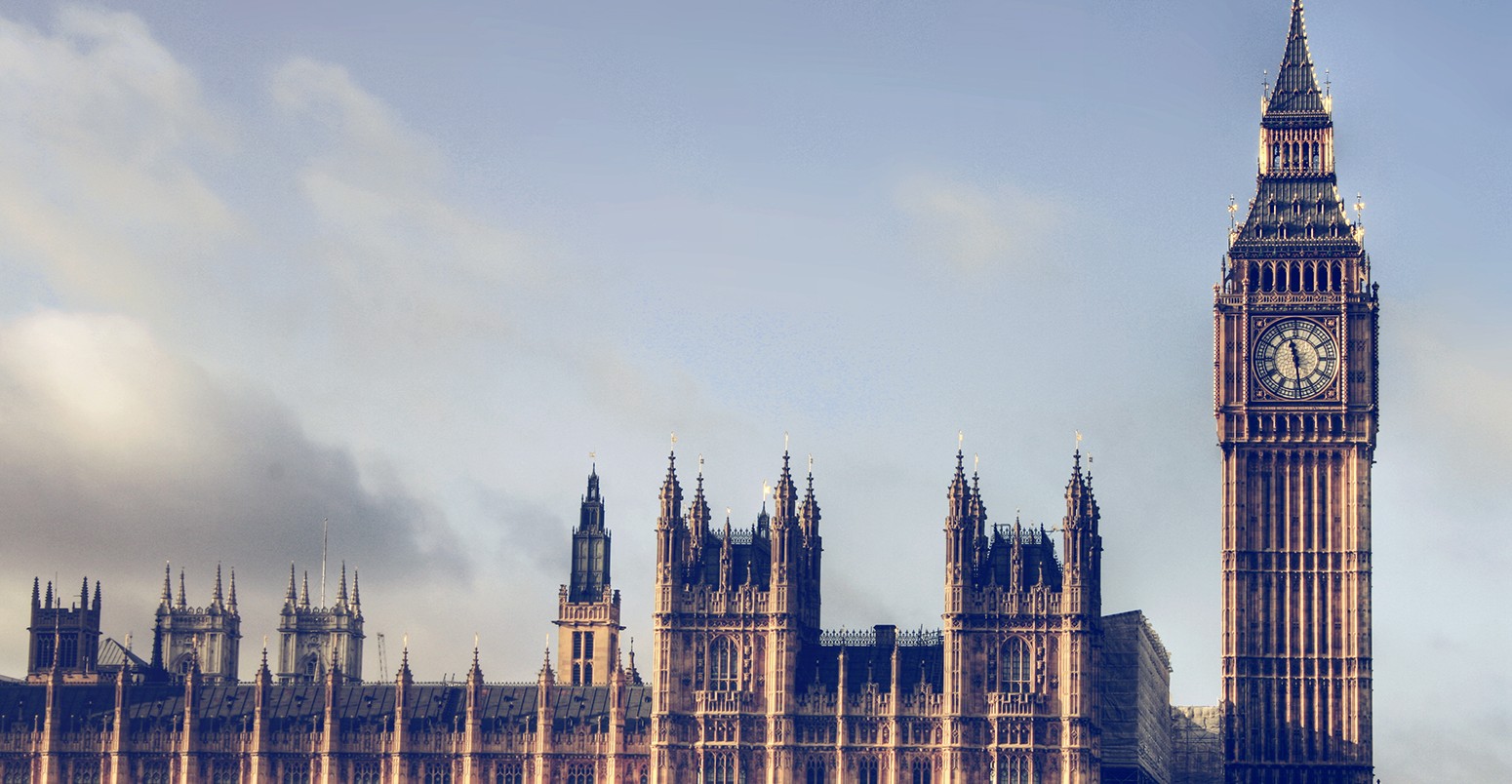
A £910m blow to renewable energy firms and an end to a road tax incentive for lower-carbon cars were among the climate and energy announcements in today’s first Conservative budget since 1996.
Chancellor George Osborne’s summer budget was widely expected to mention the Levy Control Framework (LCF), which limits subsidies for low-carbon energy schemes. Well-placed sources and heavily-briefed political correspondents at the Telegraph and Financial Times had hinted at a review of the LCF budget.
Instead, Osborne announced tax changes that will cost renewable energy generators £910m in 2020/21, a review of other green taxes faced by businesses and an end to the commitment to increase environmental taxes’ share of government revenue.
Details of further departmental spending cuts will be announced in a spending review this autumn. Carbon Brief runs through today’s key announcements on climate and energy.
Support for clean energy
The biggest financial impact for the energy sector in today’s budget stems from changes to the Climate Change Levy, a tax on energy use paid by businesses. Electricity from renewable sources had been exempt, resulting in effective support of £5 per megawatt hour of output.
Osborne plans to remove the renewables exemption. Analysts say this could wipe 5-6% off the income for onshore windfarms and make some planned projects unviable. Shares in Drax, the coal- and biomass-fuelled power station in Yorkshire, had fallen by a quarter this afternoon.
The Treasury says ending the levy exemption will generate £490m during 2015/16, rising to £910m in 2020/21. Contract rules for some schemes mean they may be able to claim compensation if a change in the law puts them at a disadvantage, so the government may face legal action.
Industry group Renewable UK called the decision “punitive” and accused the government of making retrospective changes penalising already-operating projects. Jon Ferris, head of energy markets for consultancy Utilitywise said the decision would “do little to convince investors of UK policy stability”.
Those expecting news on the LCF spending limit for clean energy support were disappointed today. The LCF has previously been fixed up to 2019/20, though there are concerns the limit may be breached. The Committee on Climate Change among those calling for early clarity on how much money will be available after 2020.
Today’s budget did not mention the LCF at all, however, though press reports suggest a review may still be announced with a final decision next year.
Osborne also failed to mention the Carbon Floor Price, the UK’s top-up carbon tax. The chancellor froze this at £18 per tonne of carbon dioxide until the end of the decade in last year’s budget. It is due to increase rapidly through the 2020s. Without this increase, ministerial assertions that coal’s share of the UK electricity mix will fall to 1% by 2025 will be on shaky ground.
Fossil fuel support
The budget also announced changes that amount to support for fossil fuels. These include an expansion of oil and gas exploration tax relief, expected to cost the government £10m in 2020/21. This comes on top of earlier changes designed to support North Sea oil and gas activities.
The chancellor said he would reform vehicle excise duty from 2017, commonly known as road tax. He will scrap the existing sliding scale tax for new cars, which gives an incentive to buy lower-carbon vehicles. This will be replaced with a zero-rate tax for zero-emissions cars and a flat rate for all other cars.
This means road tax will increase for low-emissions cars and decrease for those with the highest emissions. For instance a Toyota Prius plug-in hybrid could see road tax increase from £10 in the first year to £140. A Land Rover Freelander would see its first year rate fall from £800 to £140.
Osborne also said that vehicle excise duty revenues would be set aside for a dedicated ‘road fund’ from 2020, designed to invest in the road network. This appears at odds with previous reluctance from the Treasury to set aside carbon tax revenues for energy efficiency investments.
The budget also announced that fuel duty would remain frozen, breaking a previous pledge that it would rise if oil prices remained below $75 a barrel.
Environmental taxes
The budget also announced a review of business energy efficiency policies, including the climate change levy. Business groups have long argued there are too many different schemes, muddying the intended effects and making them hard to administer. The government will consult on changes in the autumn.
The budget ends the Conservatives’ commitment to increase the environmental tax take as a share of government revenues. The pledge was made in the party’s 2010 manifesto and backed by Osborne in several speeches.
Conclusion
Today’s offering from the Conservative government, unencumbered by its Liberal Democrat former coalition partner, contains little positive news for the UK’s low-carbon transition.
The government says it will continue to “promote” low carbon investment and innovation. This language is clearly different language to that used elsewhere, where it talks of continuing to “support” other priorities.
In fact, Osborne’s budget speech says the government is against “unfair subsidies wherever we find them”. Coming soon after its decision to end certain support for onshore windfarms early, the augurs for the UK’s climate efforts hardly seem positive.
Yet the budget document says the government will “push for” a global climate deal later this year that keeps the 2C climate goal “firmly within reach”. Until the details of departmental spending cuts and expected climate policy reviews emerge, it will be hard to see if UK government action at home matches up to this ambition for the world.

